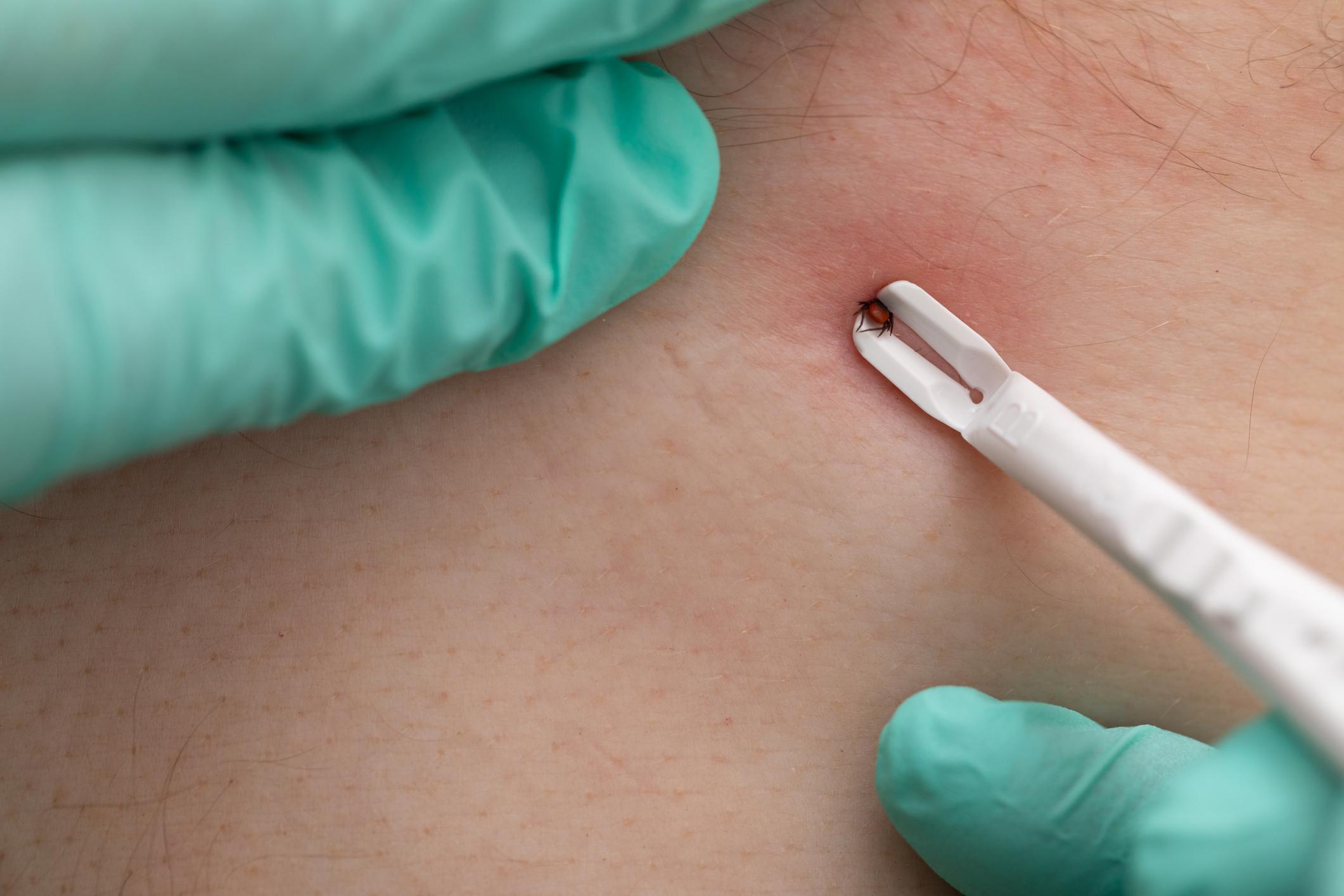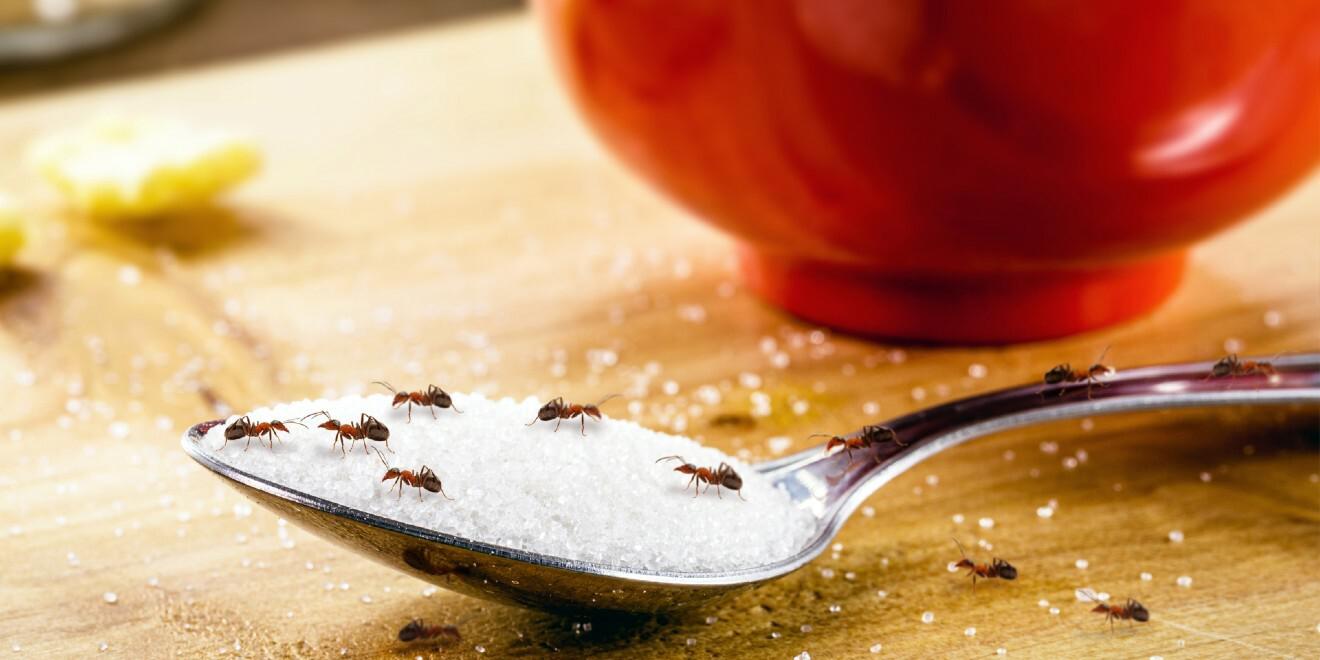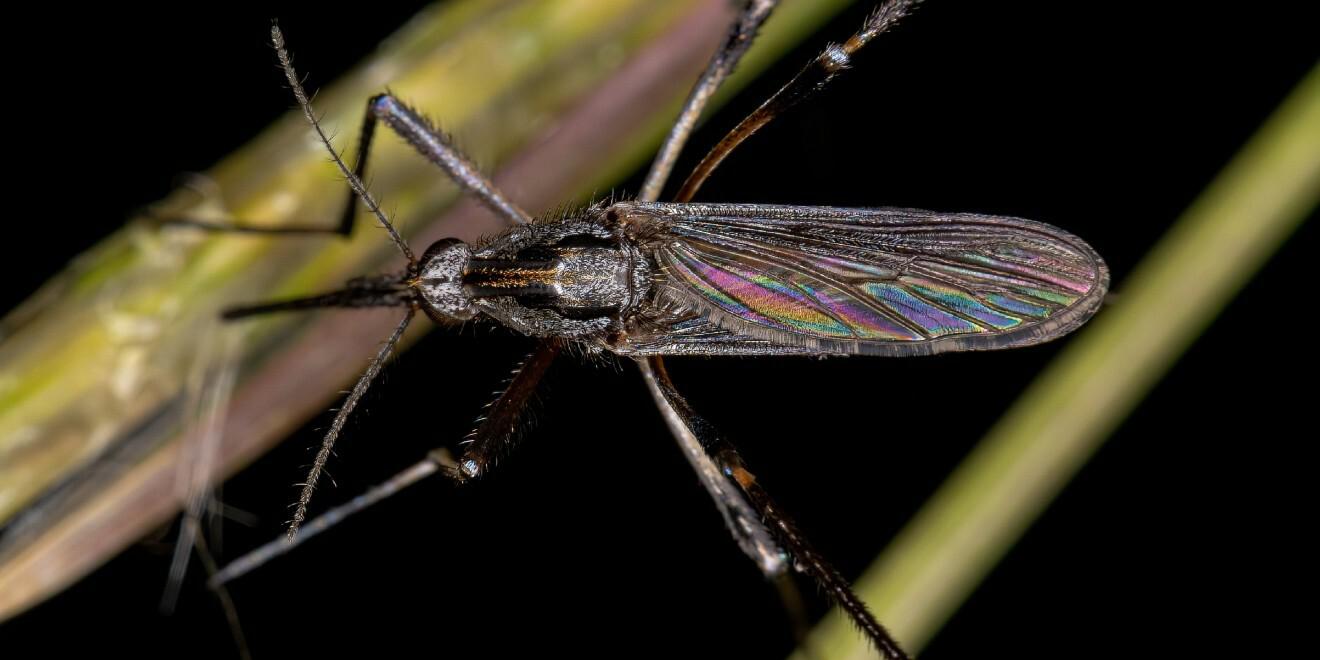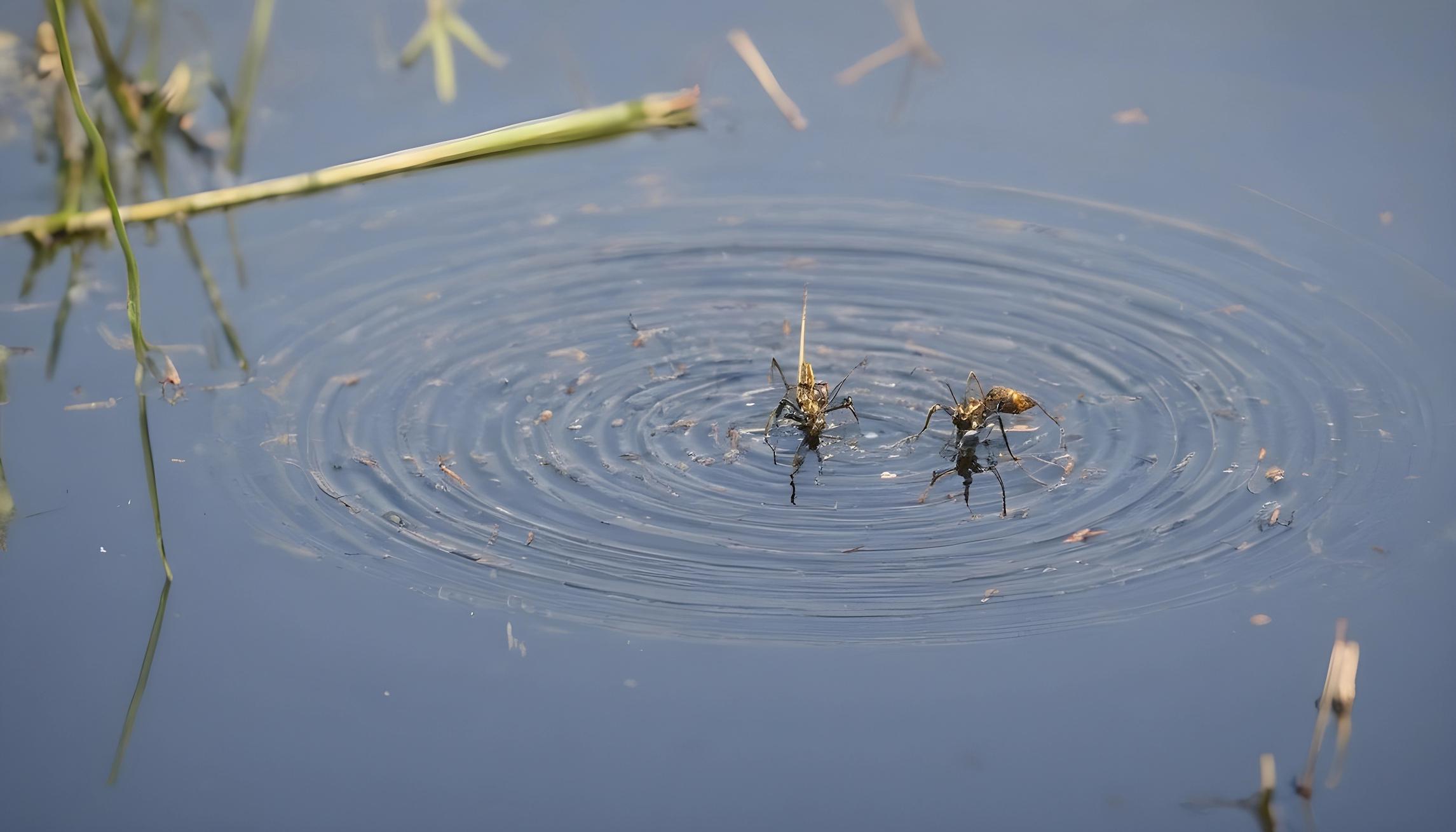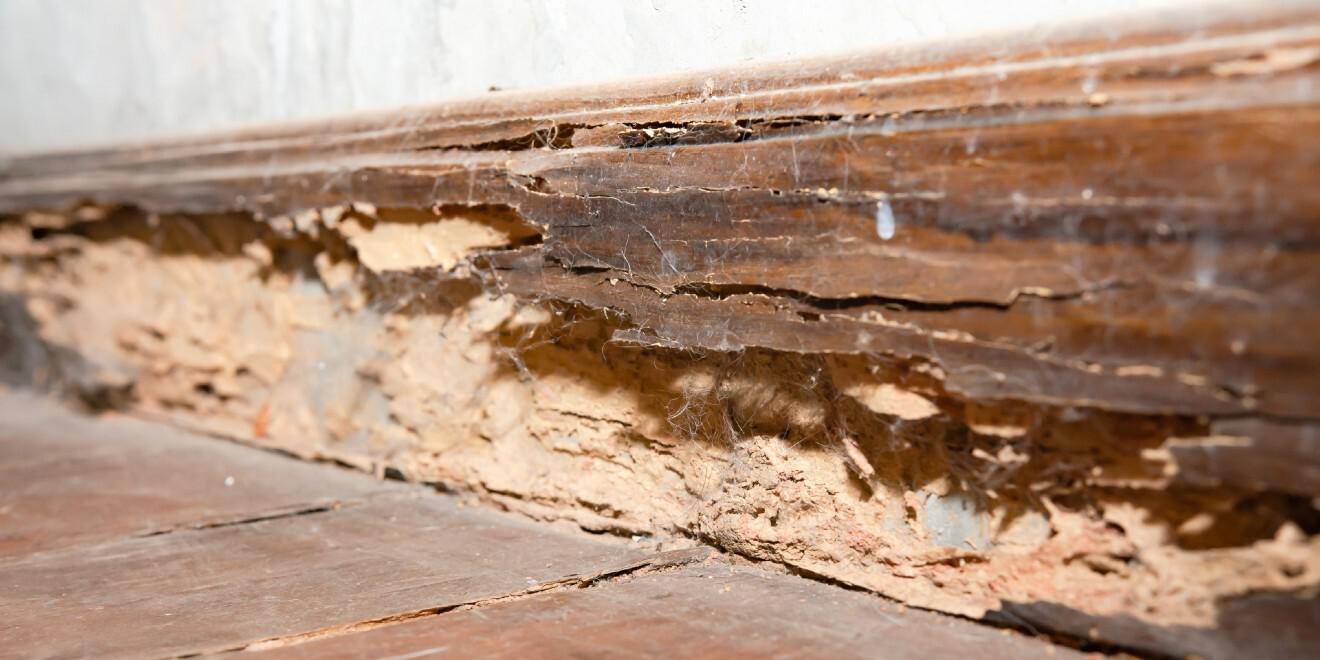Is a winter tick bite bad in Tennessee?
Posted by Mosquito Squad
December 20, 2023

No matter the time of year, a tick bite can be detrimental to your health.
Here in Tennessee, it is said that we have as many as 15 species of ticks roaming around our woods, yards, and other places you might not expect. Though our winter temperatures are cold enough to slow ticks down, they are not cold enough to kill them. Ticks will lie dormant in the winter but could come out to quest on any warm winter’s day.
What should you do if you are bitten by a Tennessee tick in the winter?
When Nashville folks ask are ticks bad in Tennessee, there is no doubt that the answer is yes. When you notice a tick on your skin, here is what you should do.
- Wear hand protection such as gloves so you don't spread pathogens from the tick to your hands; use fine-tipped forceps or tweezers to grab the tick at skin level.
- Grasp the tick firmly with the tweezers as close to the skin as possible without crushing the tick. Apply a gentle pulling motion upward until the tick comes free. Twisting or turning the tick does not make removal easier because the mouthparts are barbed; in fact, such actions may break off the head and mouthparts, thereby increasing the chances of infection.
- Once the tick is removed, don't crush the tick because it may release pathogens. Consider keeping it in a tightly closed jar or taped to a piece of paper. Show the tick to the doctor if the person bitten becomes ill after the tick bite. Flush any removed ticks, not kept for identification, down the toilet or sink.
- The area of the bite should leave a small crater or indentation where the head and mouthparts were embedded. If portions of the head or mouthparts remain, they may be removed by a doctor.
- Thoroughly cleanse the bite area with soap and water or a mild disinfectant. Observe the area for several days for the development of a reaction to the bite (rash or signs of infection). Apply antibiotic cream to the area as a precaution. Application of an antibiotic to the area may help prevent a local infection but usually does not affect the chance of developing diseases transmitted by the tick.
- Wash hands thoroughly after handling any tick or instruments that touched a tick. Clean and disinfect any instruments that were used.
How to identify a tick in Tennessee tick?
The first step in identifying tick bites is to know what ticks look like. At first glance, you may think that a tick on your skin is a fleck of dirt as they can be that small – especially at their early stage of development.
They do not have wings, and they are flat and oval in appearance until they have had a blood meal. Nymphs and adults will have eight legs, but tick larvae only have six. Ticks can be grayish-white, brown, black, reddish-brown or yellowish in color.
Be aware that ticks burrow their heads into their host and can change drastically in shape, color and size when they become engorged with blood. Ticks have extremely small mouths that usually go unnoticed when they bite.
If bitten, what symptoms should I watch for?
Tick bites often cause a reaction on your skin, even when they’re not infected or disease-causing. Typical symptoms of a tick bite may include:
- A small hard bump or sore
- Redness
- Swelling
If you experience flu-like symptoms after a tick bite, you quite possibly may have contracted a disease. Here is what to watch for:
- Body aches
- Chills
- Feeling very tired
- A fever
- A headache
Why chance winter tick bites when we have year-round tick control?
One of the most effective ways to ward off ticks and the disease dangers they can bring is to have Mosquito Squad strategically place tick tubes around your property – especially in areas where ticks are most likely to live and hide.
Tick tubes contain cotton which has been soaked in the pesticide permethrin. Permethrin is incredibly effective at killing ticks. Outdoor enthusiasts and hikers often spray permethrin on their boots, socks and clothes to prevent ticks while hiking. In fact, several State and National Parks now use permethrin tick tubes in an effort to control ticks and prevent disease.
What is interesting is that the pesticide in tick tubes doesn’t directly kill ticks. Instead, the idea is that mice will use the permethrin-treated cotton in the tubes to make their nests. The permethrin will then kill ticks which get on the mice.
Trust Mosquito Squad of Nashville for all your tick control Nashville needs, no matter the season. Contact us at (615) 492-3662.










